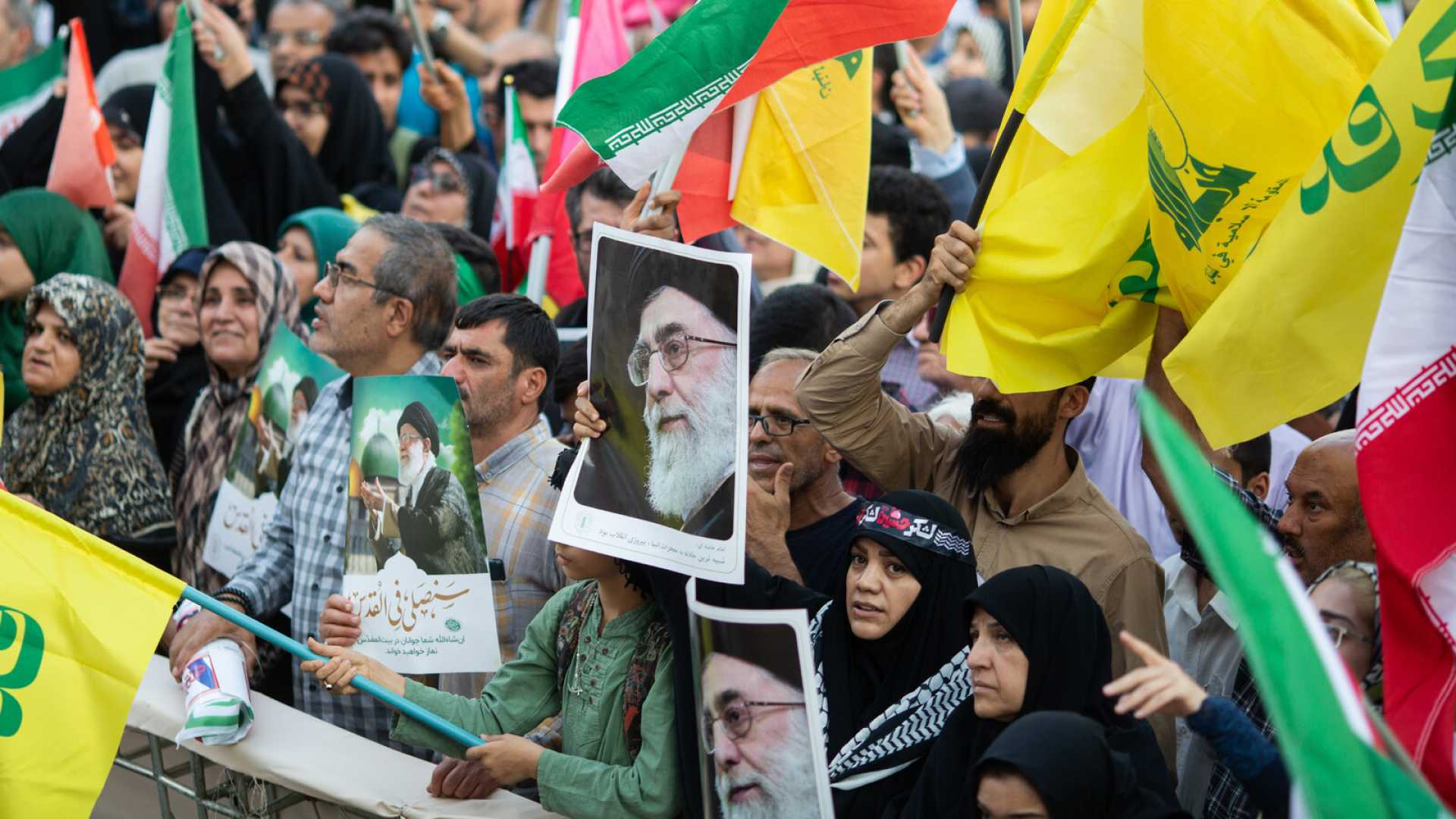World
Hezbollah Stays Silent Amid Escalating Israel-Iran Tensions

BEIRUT, Lebanon (AP) — Hezbollah, Iran’s key ally in Lebanon, has remained silent following a recent wave of Israeli airstrikes targeting Iran’s nuclear and military sites. This series of attacks, which began last week, has raised concerns about escalating tensions in the region. Despite Hezbollah’s history as a frontline defense for Iran against Israel, the group has chosen not to retaliate, diverging from expectations.
The perceived caution among Iran-aligned militias, including Hezbollah, comes after their substantial losses in previous conflicts. In the aftermath of the October 7, 2023, attack by Hamas on Israel, Hezbollah initially launched rockets into Israel in support of Hamas. This sparked full-scale war, resulting in significant losses for Hezbollah, including the death of its leader, Hassan Nasrallah.
Hezbollah is estimated to have once possessed around 150,000 rockets and missiles. However, this power has been diminished due to ongoing Israeli airstrikes, particularly after a ceasefire negotiated in November 2023 that ended nearly 14 months of violence. The conflict left over 4,000 people dead in Lebanon and various regions devastated.
Hezbollah’s leader, Naim Kassem, condemned the recent Israeli attacks but did not signal any intent to retaliate. Similarly, the Iraqi militia Kataib Hezbollah expressed regret over the alleged use of Iraqi airspace by Israeli jets but refrained from issuing threats. This restrained response is attributed to their current integration within Iraq’s political structure, contrasting with Hezbollah’s independent military role in Lebanon.
Military analyst Andreas Krieg noted that Hezbollah has suffered degradation in its strategic capacity, particularly after losing access to supply routes in Syria. His observations reflect a shift among Hezbollah’s members, many of whom feel they were “sacrificed for Iran’s greater regional interests” and are now leaning toward focusing on domestic priorities rather than acting on Iran’s behalf.
As regional tensions mount, the Houthis in Yemen and the Iraqi militias have also shown restraint in expanding their military actions against Israel, indicating a broader hesitance among Iran’s allies. Experts suggest that while these groups may have aligned interests with Iran, they are increasingly focused on survival and stability within their own states.
Analysts warn that the situation remains volatile, and while Hezbollah’s leaders like Qassem Qassir acknowledge the potential for re-engagement should conditions change, the strategic landscape is fraught with challenges. As Israel continues its airstrikes and occupation in southern Lebanon, the impact on regional dynamics and the next steps for Iran’s allies remain uncertain.












